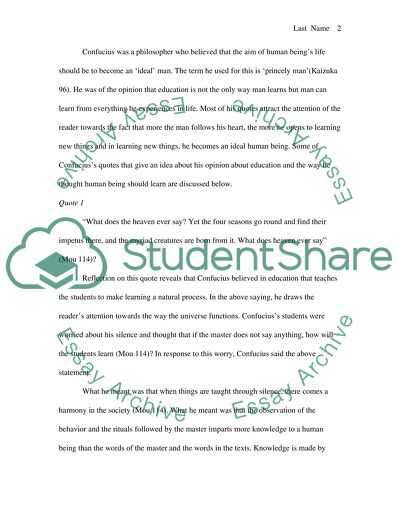Cite this document
(“Education - A Way To Wisdom Research Paper Example | Topics and Well Written Essays - 1500 words”, n.d.)
Retrieved from https://studentshare.org/philosophy/1568466-education-a-way-to-wisdom
Retrieved from https://studentshare.org/philosophy/1568466-education-a-way-to-wisdom
(Education - A Way To Wisdom Research Paper Example | Topics and Well Written Essays - 1500 Words)
https://studentshare.org/philosophy/1568466-education-a-way-to-wisdom.
https://studentshare.org/philosophy/1568466-education-a-way-to-wisdom.
“Education - A Way To Wisdom Research Paper Example | Topics and Well Written Essays - 1500 Words”, n.d. https://studentshare.org/philosophy/1568466-education-a-way-to-wisdom.


